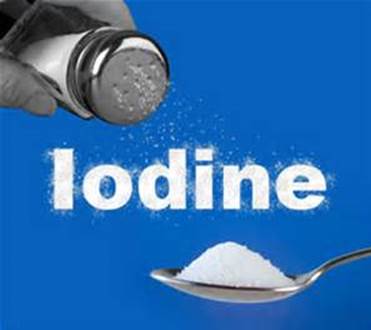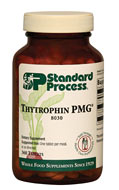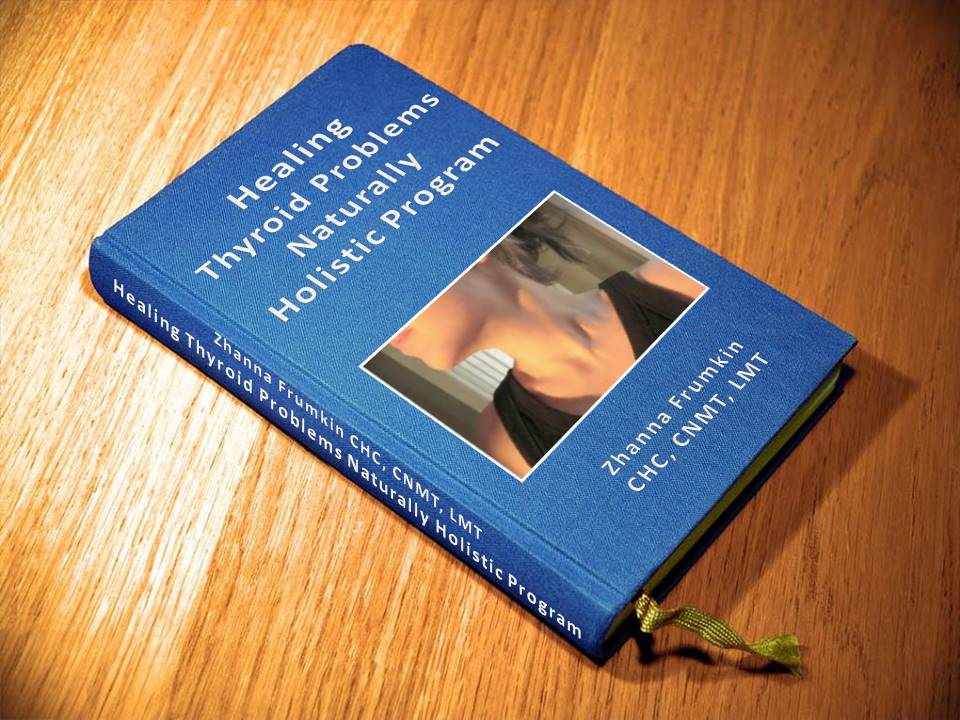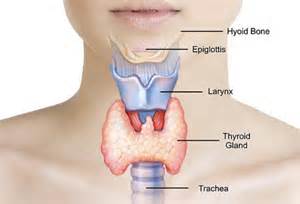Iodine Patch Test

|
Hippocrates |
This test is to determine if the patient is in need of organic iodine. Since the thyroid needs iodine to manufacture T-4, a low intake of food and plant iodine can cause hypothyroid function.
Low levels of iodine mean your thyroid isn't functioning properly. The thyroid helps balance hormones, regulates heartbeat, stabilizes cholesterol, maintains weight control, encourages muscle growth, keeps menstrual cycles regular, provides energy, and even helps you keep a positive mental attitude. Women are naturally prone to iodine deficiencies. That's because the thyroid gland in women is twice as large as in men - so under normal circumstances, women need more iodine. However, when women are under stress, the need for iodine can double or triple. Yet the foods we eat contain less and less dietary iodine. For example, back in 1940, the typical American diet contained about 800 micrograms of iodine. By 1995, that amount plunged to just 135 micrograms. That's an 83% decline.
Two thirds of the body's iodine is found in the thyroid gland. One of the best ways to boost your iodine levels is to add sea vegetables to your diet. Just one teaspoon of sea vegetables a day can help regain normal iodine levels. Incorporating seafood and fish into your diet can also help.
Overall, the faster the body draws in the iodine, the greater the iodine need is likely to be.
Prolamine Iodine - 1-2 or more tablets/day
Prolamine Iodine - 1-2 or more tablets/day
Note: According to Dr. Guy Abraham, a researcher and an authority on the safe use of iodine, the daily dose of iodine should be 12.5mg to 37.5mg per day.
Repeat the Iodine Patch Test every 1-2 weeks to carefully monitor the need for iodine. When the patch no longer fades or disappears within 24 hours, lower the iodine dose appropriately.
Johann von Goethe












